Free the Bobcats of Tucson
Protect Mama and her Kitten
By Ian Adrian | February 27, 2019
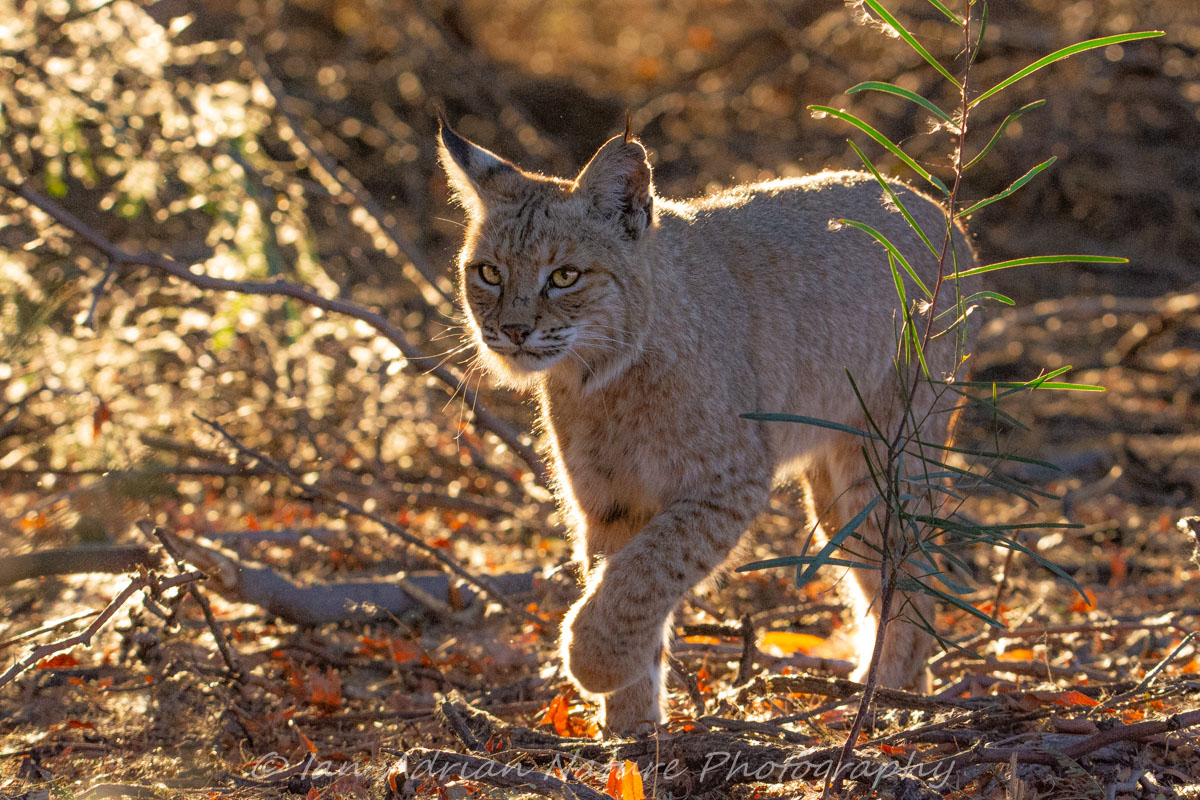
Mama bobcat glimmering with the backlight of sunset
The first time I met Mama was a hot, dry May morning. This was also the first time I had ever gotten a good look at a wild bobcat. Furthermore, after she emerged from the brush, I was blessed with the opportunity to watch her daintily clean for several minutes. My companion and I had this experience all to ourselves. Since then, Mama has passed within an arm’s length of me on countless occasions. I’ve watched her hunt with varying degrees of success. Over the years, I’ve met several kittens, each with his or her own quirky personality. On one occasion, Mama even sat within a few feet of me, spending upwards of 15 minutes methodically cleaning herself before passing within mere inches of where I sat.
This gentle bobcat spends much of her time patrolling the Sweetwater Wetlands park of Southern Arizona. She had little fear of humans who behaved respectfully and has not reacted defensively even when they’ve been disrespectful. Untold thousands of humans have met this incredible feline, from naturalists and photographers, to citizen scientists and those simply enjoying a family stroll in the park. Meeting such an elusive, wild creature has undoubtedly inspired a great many people. How many more have been inspired by the stories from those who met Mama? How many former feline hunters might now pause before pulling the trigger? How many humans might now feel more compelled to protect the natural world after meeting her?
Late in 2020, the Bobcats in Tucson (BIT) study began operations. Then, early in 2021, the alarm bells began to go off following their capture of a massive male named Graybeard, another local icon who had formerly inspired many. In response to the dramatic public outcry, BIT responded with emails that were dismissive at best, but largely choosing to not reply at all. They ignored concerns regarding the safety of their non-consenting test subjects. BIT showed little interest in the power of public inspiration or any data not acquired specifically through the study, despite information offered by a handful of local naturalists logging hundreds of combined hours of observation. Since their inception, BIT has trapped, tranquilized, and collared approximately 30 bobcats in Tucson and Mama just so happens to be their most recent capture. Adorned in this bulky instrument of human domination, this beautiful wild creature will now be at a far greater risk of entanglement on fences and far less a source of inspiration to anyone she meets.
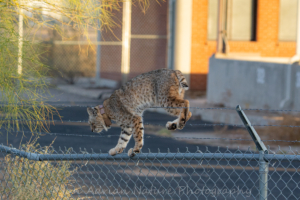
These are wild bobcats with every right to live their lives just as we all do. They are not science experiments to be captured, measured, weighed, and fitted with obtrusive collars. We do not have the right to treat wild creatures in this manner. If we wish to protect these beautiful cats, we must introduce a new narrative, a narrative of respect and kindness toward the world and all creatures upon it. Well intentioned though this study appears to be, it perpetuates a very different narrative. The BIT study perpetuates the narrative that we are dominant beings with the inherent right to capture and harass wildlife at our whim, providing it fits within the modern definition of “science.” Even though the BIT researchers tout an ambitious hope to cull development and protect the cats, they are actually reinforcing a very different narrative. The researcher believes he / she possesses the right to cage and collar a wild bobcat simply because it fits within their agenda, just as the developer believes they can bulldoze the desert. Whether we’re harassing wildlife or displacing the desert with high-density homes, the narrative is the same.
Stepping beyond just the questionable practice of wildlife collaring, there is another ethical challenge at play. Mama has a dependent kitten! Days before her bondage, myself and several other bobcat advocates observed a healthy, playful fur child frolicking about, bounding into the brush, and climbing up spindly mesquite trees. Mama was stuck in a cage overnight before getting poked, prodded, and sedated with little consideration for whether or not she might have a child. In fact, the lead BIT researcher stated, in response to a concerned inquiry “She has had kittens in the past but did not appear to have nursed kittens recently so likely did not raise kittens this year.” How many other female bobcats have been trapped with disregard or ignorance toward their dependent kittens?
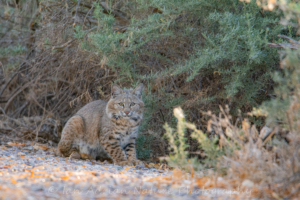
Since her collaring, this formerly gregarious cat has become extremely evasive. At the time of writing this petition, Mama was just observed with her beautiful kitten for the first time in two weeks, following capture. In the past, Mama has consistently been seen on an almost daily basis this time of year, especially while rearing kittens. Entirely contrary to her behavior over the last 4 years, Mama now abruptly alters her course to avoid humans. As a result of collaring, her behavior has been dramatically altered. In addition to how heartbreaking Mama’s behavior shift feels to those of us who have spent countless hours observing her, this means that any data obtained through the BIT study is flawed from the start.
A different bobcat died during capture from a condition called pericardial effusion. This cause of death is associated with abrupt impact (such as what might be experienced by thrashing about in a cage). Several other collared cats have perished from car collisions shortly after capture. These are only the casualties of which those of us outside the study are aware.
Please sign and share this petition to remove the collar from Mama and every other Tucson bobcat. Let’s end the aggressive Bobcats in Tucson study! This petition will then be shared through social media, among every BIT sponsor, in addition to the lead researcher herself who, to this date, has largely dismissed the maelstrom of emails opposing their rabid study.
Please also voice your opposition directly to the lead researcher of BIT: [email protected]
We save wildlife through inspiration, not alteration!
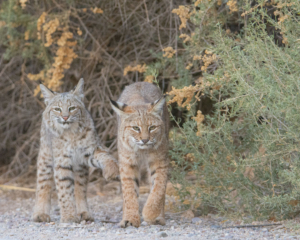
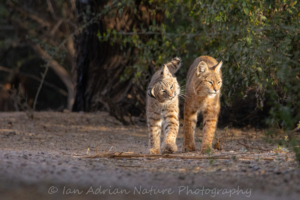

Facebook Comments